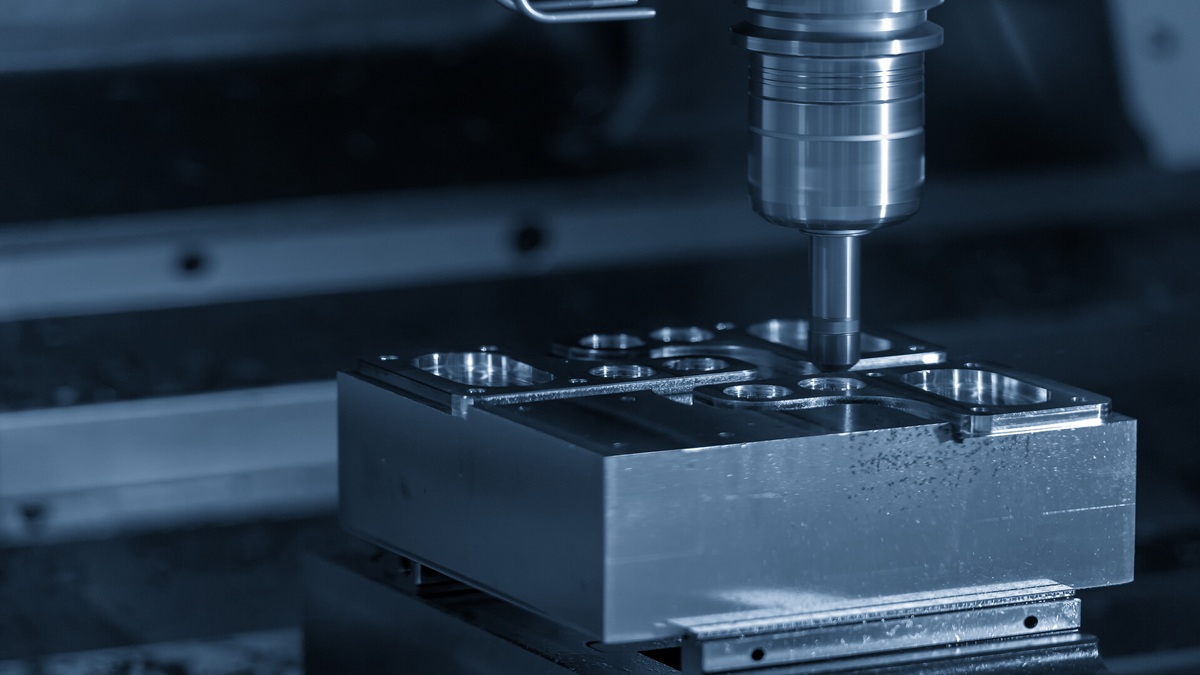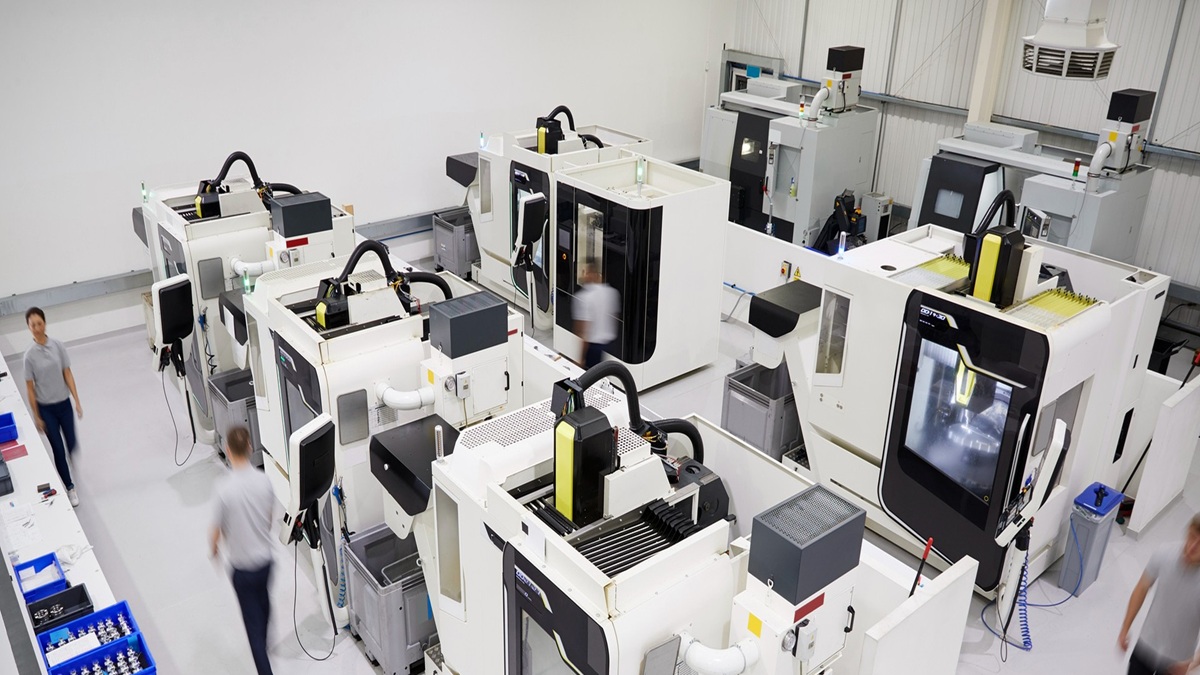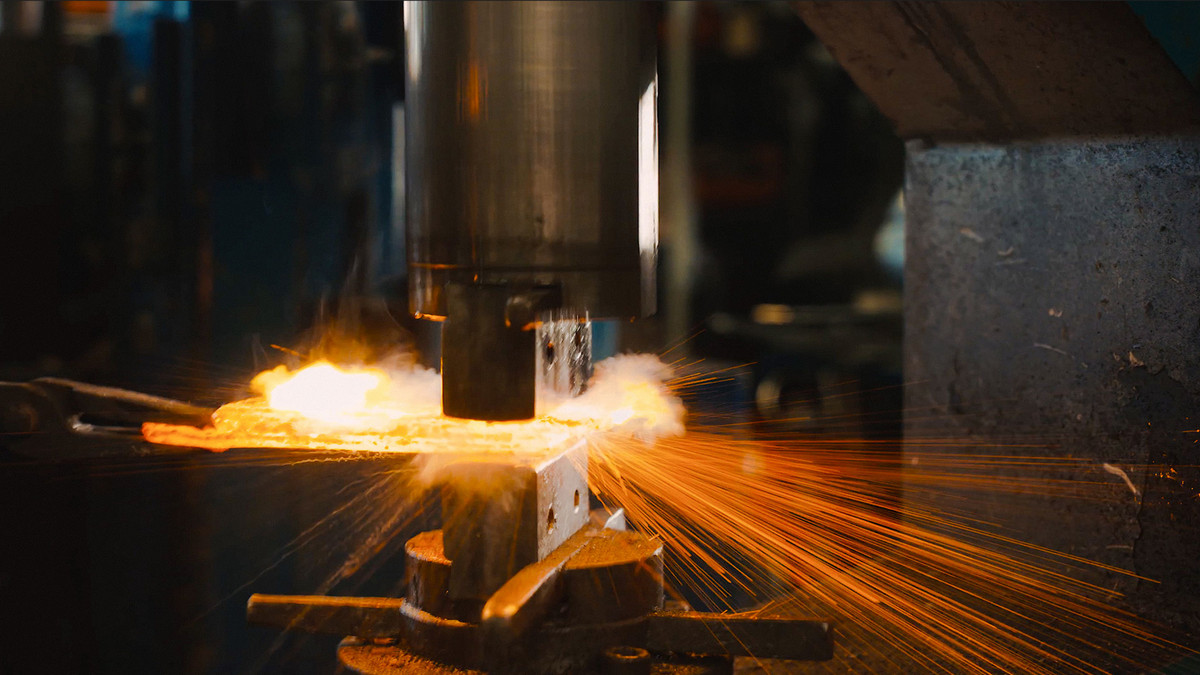- Showing results for
- Digital Transformation
In 2025, as global manufacturing continues its rapid digital transformation, the machine tool industry is facing significant change. International buyers in aerospace, electric vehicles, and high-end electronics are increasingly prioritizing smart services and data applications over mere machining precision. Taiwan's machine tool industry is actively integrating the Internet of Things (IoT), artificial intelligence, and big data technology, expanding from traditional hardware manufacturing into the smart solutions sector. This move helps global manufacturing clients boost production efficiency and enhance equipment maintenance management. This article will delve into how Taiwan's machine tool industry is becoming an indispensable smart partner for global manufacturing, delivering sustained value.
2025-08-27 14:56:00
The explosive rise of artificial intelligence (AI) is ushering in an unprecedented transformation within the healthcare industry. No longer just a data analysis tool, AI has evolved into a smart assistant capable of deep collaboration with human experts and even operating independently. From diagnostic assistance to personalized treatment plans, AI is making healthcare more efficient, precise, and accessible to every patient.
2025-08-27 13:46:59
With the rapid rise of artificial intelligence (AI), the healthcare industry is undergoing a disruptive transformation. AI is significantly improving diagnostic accuracy and treatment efficiency while profoundly redefining healthcare professionals’ roles and patient experiences. A comprehensive understanding of the core technologies and clinical applications behind this transformation is essential for grasping the future trends and strategic directions of smart healthcare.
2025-08-26 16:07:46
In 2025, the global healthcare industry is experiencing a profound revolution, fueled by the deep integration of digital technology and AI. As medical service models rapidly evolve, institutions are adopting innovations to enhance diagnostic accuracy, treatment efficiency, and patient experience while also controlling costs. This article analyzes the key drivers, applications, and future challenges in the 2025 healthcare market, offering a comprehensive insight into industry trends and growth potential.
2025-08-22 14:11:14
The global healthcare industry is undergoing unprecedented changes. From shifts in demographics to the rise of new technologies, everything is reshaping the future of healthcare. This article will take you on a deep dive into the key challenges, innovative trends, and future potential of the global healthcare industry.
2025-08-22 11:57:20
Taiwan’s machine tool industry holds a crucial position in the global precision manufacturing supply chain. However, a silent "talent crunch" and "knowledge succession crisis" are now threatening its future. With the acceleration of smart manufacturing, AI, and automation, the industry's demand for high-end, cross-disciplinary talent—skilled in electrical control, software integration, and AI applications—has surged. Yet, the market supply is severely insufficient, hindering the industry's digital transformation and upgrade. Industry observers warn that if this gap continues to widen, Taiwan's international competitiveness in the machine tool sector could face significant challenges within the next five to ten years.
2025-08-08 09:49:59
The shortened product life cycle, low-volume variety, and customization have become mainstream. Quick response and flexible adjustment are the keys to the competitiveness of the manufacturing industry. Rapid trial production has become an international research project to win orders and reduce development risks.
2022-12-02 16:29:45
The rising trend of e-commerce and retail online shopping has directly led to the improvement of distribution performance. In addition to the continuous expansion of the operating territory of local distribution companies, offline retail and mass stores have begun to carry out a series of measures to shorten delivery time and improve service quality.
2022-11-21 16:14:35
The demand for renewable energy is increasing day by day. Facing the instability of wind energy and solar energy, energy digitization can increase the productivity and availability of green electricity, such as using algorithms and blockchain technology to reduce consumption and improve flexibility.
2022-11-14 10:15:13
How to make good use of digital technology to analyze, formulate strategies, and respond quickly at the core of enterprise operations has become the key to development.
2022-10-24 10:18:50
There are continuous information security attacks against manufacturers around the world. For the manufacturing industry, it is not only necessary to consider the information security layout of the IT side, but also to strengthen the overall protection capability on the OT side to cope with the increasingly rampant cyber-attacks.
2022-10-13 16:21:15
Digital Image Processing is a method and technology for removing noise, enhancing, restoring, segmenting, and extracting features through a computer.
2022-09-23 13:07:56
The Metaverse is bringing virtual gamers to a wireless sci-fi vision with an infinite number of virtual worlds. However, you will find some transformation and benefits in how manufacturers can be more productive in the digital and physical worlds.
2022-05-24 10:13:22
The low-code development environment allows users with less technical knowledge to build entire business applications on their own without the assistance of IT staff.
2022-03-24 13:13:58
With increasingly complex IT architecture exacerbating maintenance and operation challenges, the demand for IT agility is driving the growth of the AIOps market.
2022-03-23 13:49:05
AIOps uses artificial intelligence to simplify IT job management and accelerate and automate problem resolution in complex, modern IT environments.
2022-03-23 10:26:48
Edge computing will grow in importance as manufacturers see the development of the Industrial Internet of Things (IIoT). The interconnected factory, designed for manufacturing automation, will become an essential corporate goal.
2022-03-17 17:09:37
The development of "New Retail" through the advancement of information technology and mobile networks. Consumer demand is not only accelerating the transformation of the retail industry, it is a key challenge retailers will need to face.
2022-01-19 10:24:32
The concept of the Metaverse is to use immersive technology to create a second "virtual parallel time and space" in the physical world. People will be able to enter a new virtual world where they can work, socialize and play through virtual identities.
2022-01-13 17:09:31
The Metaverse is a new third wave of industry trends that will become more and more important over the next 10 to 20 years. At the singularity moment of the metaverse, the point in time at which technological growth becomes uncontrollable and irreversible, digital assets will be more valuable than physical assets.
2022-01-13 16:57:01
Agree




















